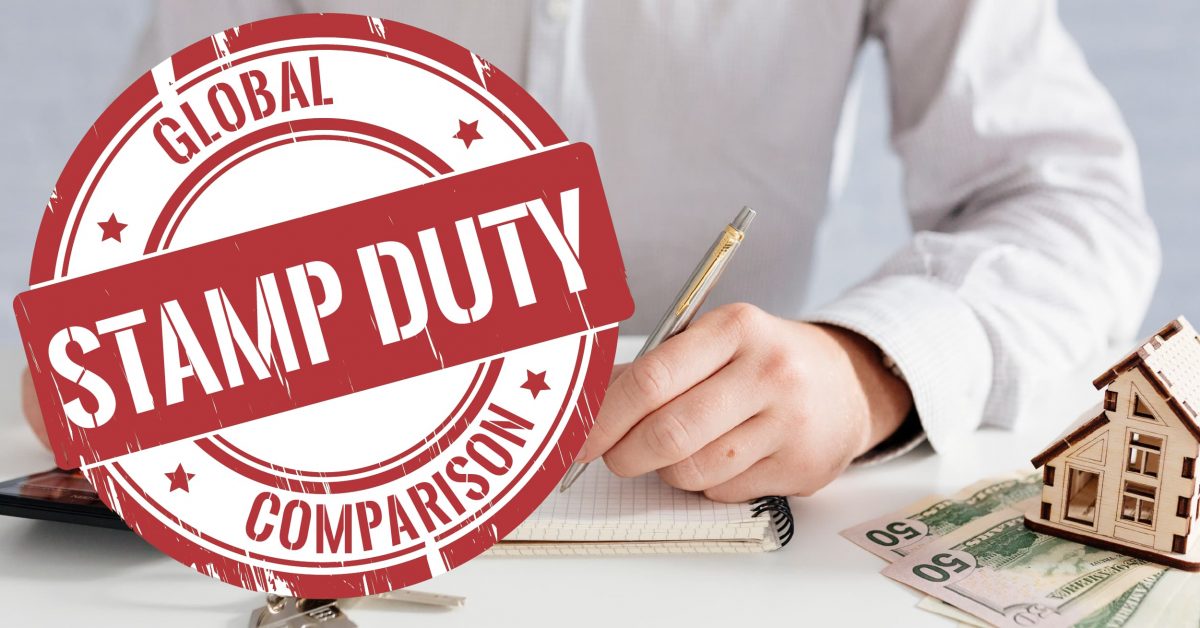Assets refer to a wide variety of items you own that have a monetary value. When you apply for a mortgage, the lender looks into your asset inventory and determines their cash value to make sure that you are capable of returning the loan despite facing financial hardship, such as a job loss, during the repayment period.
There could be various asset types, including:
● Money, savings and checking accounts, certificates of deposit (CDs), and other similar sources — cash and equivalent to cash
● Tradable stocks, bonds, or something that can be converted to cash without dropping their actual price — liquid assets
● Lands, vehicles, antiques, business property, and anything that has monetary value but cannot be converted into cash quickly and may lose some of their value in the conversion process — fixed assets
● Investment money that is lent for interest, including government bonds, securities, and any type of investment money that yields interest — fixed-income assets
● IRA, 401(k) accounts, mutual funds, or anything that secures your ownership in a company — equity assets
You can also categorize them into tangible (physical) and intangible (nonphysical) assets. The lender assesses your positive net worth, indicating your assets have more value than your liabilities. It also helps establish your debt-to-income ratio.
To do the required evaluations, Global Mortgage Group requires only an International Credit Report, Accountant Reference, and some paper documents verifying your funds.
Loan Application Form 1003 is used exclusively for residential mortgage loans in the U.S.



